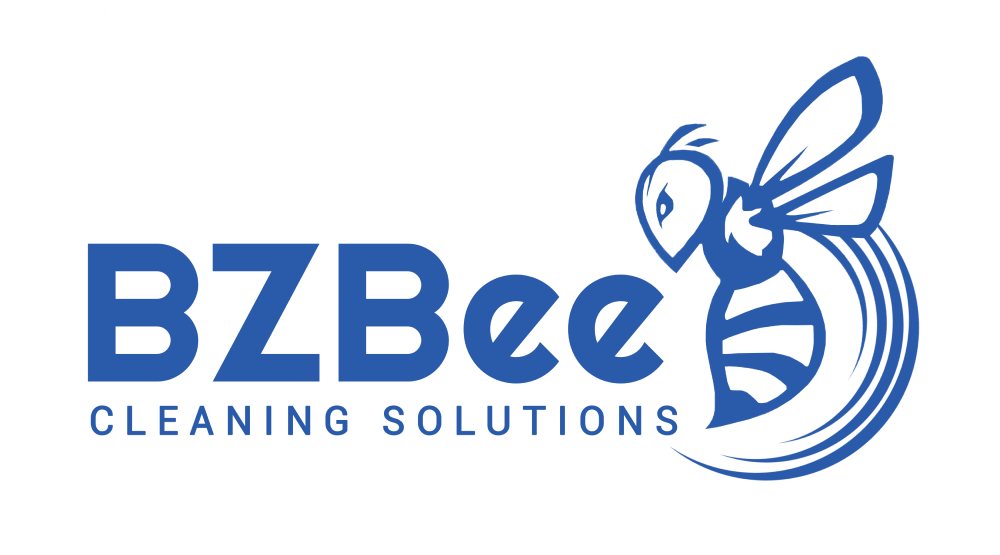How Often Should Your Business Be Cleaned?
A clean workspace isn’t just about looks—it impacts how smoothly things run day to day. The right cleaning schedule depends on how many people use your space, how quickly things get dirty, and the level of cleanliness you expect to maintain.
What Happens When Cleaning Isn’t Frequent Enough?
It’s easy to assume cleaning less often saves money, but that usually backfires. The reality is simple: if trash piles up, floors stay dirty, and shared spaces go untouched, the workplace starts looking neglected. Employees notice when restrooms aren’t fresh, break rooms are a mess, or dust coats every surface. Clients notice, too. It’s not about “sick days” or “productivity” in some vague, corporate sense—it’s about basic standards and whether people feel comfortable in their environment.
Beyond appearances, there’s also the issue of maintenance. Dirt and grime don’t just look bad; they wear down surfaces over time. Floors scuff up faster, carpets trap debris, and workstations collect buildup that’s harder to clean later. The longer you let things slide, the more effort (and cost) it takes to fix later.
Finding the Right Cleaning Frequency
Some spaces need daily cleaning—especially restrooms, break rooms, and shared areas that see constant use. No one wants to walk into a dirty bathroom or use a grimy kitchen.
For lower-traffic areas, cleaning a few times a week may be enough to keep things under control without overdoing it. Workstations, hallways, and general office spaces don’t always need daily attention, but going too long without cleaning leads to visible dust, dirty floors, and an overall drop in workplace standards.
Waiting too long between cleanings isn’t just a small inconvenience—it sets the tone. A messy environment becomes the norm, and before long, it’s not just dirt; it’s disorganization and a lack of attention to detail across the board. A structured cleaning plan ensures things never reach that point.
The Real Cost of Cutting Corners
Some businesses try to stretch cleaning schedules to save money, but it often ends up costing more in the long run. Dirt and wear build up, leading to more intensive cleanings and premature replacements for flooring and surfaces. Employees might not “call out sick” because the office is dusty, but they will notice when their environment isn’t well-maintained—and that affects morale and attention to detail.
First impressions also matter. A clean, well-kept business signals professionalism and care. A neglected space raises questions about whether the same level of attention is being applied to the work being done.
Building a Cleaning Plan That Works
There’s no one-size-fits-all answer to how often a business should be cleaned. The key is balancing routine maintenance with real-world usage so that the space stays professional and well-maintained without unnecessary costs.
BZBee Cleaning Solutions tailors cleaning schedules based on actual needs—ensuring businesses get the right level of service, not more or less than necessary. If you want to make sure your workspace stays clean without wasting money on excessive cleaning or letting things slip too far, we can help you build the right plan.

